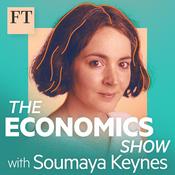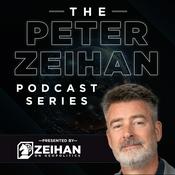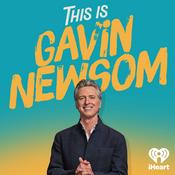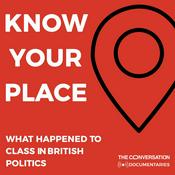865 episodes
- In this episode:
00:26 Moderate caffeine intake might reduce dementia risk, study suggests
Nature: Coffee linked to slower brain ageing in study of 130,000 people
04:15 Using AI to work out the rules of a long-forgotten board game
Scientific American: Rules of mysterious ancient Roman board game decoded by AI
Subscribe to Nature Briefing, an unmissable daily round-up of science news, opinion and analysis free in your inbox every weekday.
Hosted on Acast. See acast.com/privacy for more information. - In this episode:
00:46 The immune cells that eat waste fats from fruit flies’ brains
Nature: Cho et al.
10:21 Research Highlights
Nature: Beetle is locked into an eternal dance ― with an ant
Nature: Super-sniffer aeroplane finds oil fields’ hidden emissions
12:41 Ancient DNA evidence reveals a nuanced story of the Bell Beaker Expansion
Nature: Olalde et al.
Subscribe to Nature Briefing, an unmissable daily round-up of science news, opinion and analysis free in your inbox every weekday.
Hosted on Acast. See acast.com/privacy for more information. - In this episode:
00:42 External, artificial-lung system keeps patient alive for transplant
Nature: 48 hours without lungs: artificial organ kept man alive until transplant
06:22 How lung cancer in mice hijacks neurons to outwit the immune system
Nature: How tumours trick the brain into shutting down cancer-fighting cells
Subscribe to Nature Briefing, an unmissable daily round-up of science news, opinion and analysis free in your inbox every weekday.
Hosted on Acast. See acast.com/privacy for more information. - 00:46 Understanding how rete ridges form in the skin
Nature: Thompson et al.
09:32 Research Highlights
Nature: Genetically engineered ‘stinkweed’ comes up roses for making seed oil
Nature: Largest galaxy survey yet confirms that the Universe is not clumpy enough
11:52 The open-source AI that performs scientific literature reviews
Nature: Asai et al.
Subscribe to Nature Briefing, an unmissable daily round-up of science news, opinion and analysis free in your inbox every weekday.
Hosted on Acast. See acast.com/privacy for more information. Briefing Chat: What Brazilian centenarians could reveal about the science of ageing
30/1/2026 | 10 mins.In this episode:
00:36 Study probes genetics of extreme longevity
Nature: Still working at 107: supercentenarian study probes genetics of extreme longevity
05:32 Controlling fluorescent proteins’ brightness with magnets
Nature: ‘Remote controlled’ proteins illuminate living cells
Subscribe to Nature Briefing, an unmissable daily round-up of science news, opinion and analysis free in your inbox every weekday.
Hosted on Acast. See acast.com/privacy for more information.
More News podcasts
Trending News podcasts
About Nature Podcast
The Nature Podcast brings you the best stories from the world of science each week. We cover everything from astronomy to zoology, highlighting the most exciting research from each issue of the Nature journal. We meet the scientists behind the results and provide in-depth analysis from Nature's journalists and editors. Hosted on Acast. See acast.com/privacy for more information.
Podcast websiteListen to Nature Podcast, The Rest Is Politics and many other podcasts from around the world with the radio.net app

Get the free radio.net app
- Stations and podcasts to bookmark
- Stream via Wi-Fi or Bluetooth
- Supports Carplay & Android Auto
- Many other app features
Get the free radio.net app
- Stations and podcasts to bookmark
- Stream via Wi-Fi or Bluetooth
- Supports Carplay & Android Auto
- Many other app features


Nature Podcast
Scan code,
download the app,
start listening.
download the app,
start listening.
































